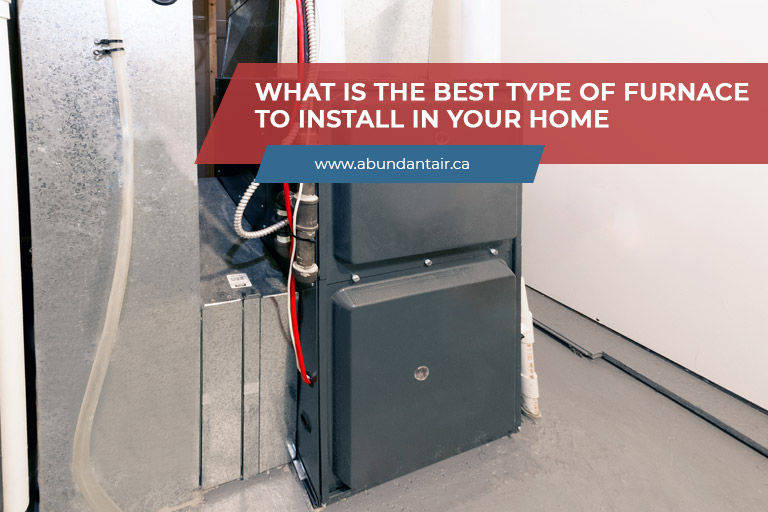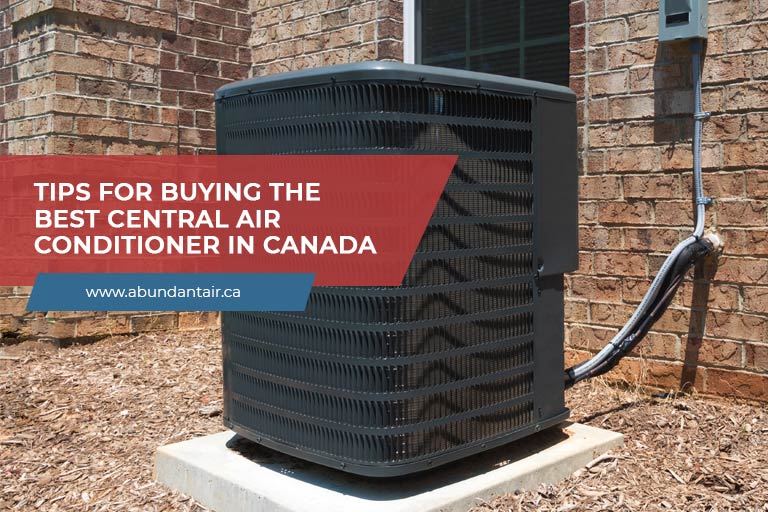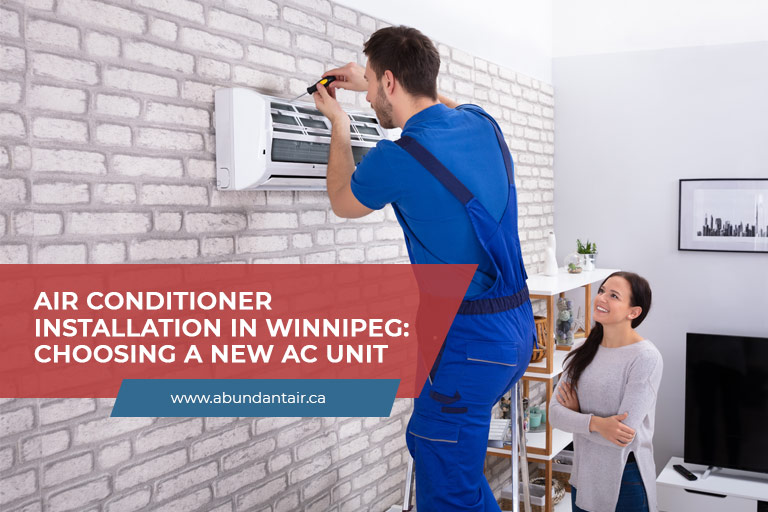When the cold air starts to make its presence felt, it is essential to ensure that your furnace is in its prime condition. Your furnace is literally the powerhouse when it comes to providing you heat and comfort all throughout the cold, freezing months. Unfortunately, furnaces are not one-size-fits-all heating equipment.
On the brighter side, the market offers plenty of options, especially if you are considering a furnace upgrade. To choose the best type of furnace to install in your home, it is essential to know what your choices are.
Whether you are looking for a new furnace installation or are simply researching some ideas, this post can get you acquainted with the different furnace types and the factors to consider to help you make an informed decision.
What Is a Furnace?
A furnace is among the main components of an HVAC system designed to heat indoor air. Setting the thermostat activates the furnace to heat the air. The fan helps circulate heated air throughout your home to keep you warm and cozy during the cold season. However, the source of heat depends on the type of furnace you are using in your home.
Factors to Consider

Furnace comparison usually starts with analyzing which furnace type is ideal for your home heating needs. Factors to put into consideration when choosing a furnace include:
- Size
Installing the right furnace size is key to heating your home efficiently. The size of your home furnace is usually measured in BTUs. To calculate the correct furnace size, you need to consider the square footage, the height of the ceiling, the number of windows, and the insulation.
If the size of the furnace is too small, it will not produce enough heat to keep your home warm. If it is too big, you will be wasting money on fuel by producing heat you do not need.
- Single-Stage vs. Two-Stage
There are 2 types of furnaces for homes: a single-stage or a two-stage unit. A single-stage furnace runs at full capacity and generates the same heat output, regardless of the climate and heating needs. On the other hand, a two-stage has 2 temperature settings for its heat output and operates at low capacity by default. In case the furnace is not providing sufficient heat, the homeowner can simply switch it over to the high-capacity setting.
Although single-stage furnaces are cheaper, two-stage furnaces are more efficient, making them a better option in the long run. Also, single-stage furnaces have about 80% AFUE while the AFUE of two-stage furnaces is 98.5%. The higher the AFUE percentage, the lesser energy is used up by the furnace to achieve its target temperature.
- Fuel Efficiency Ratings
Before purchasing a furnace, be sure to check its annual fuel utilization efficiency (AFUE) rating, which measures the efficiency of the heating equipment to convert fuel to heat over a 1-year period. For instance, an electric furnace with a 90 AFUE generates 90 BTUs of heat for every 100 BTUs of electricity. Be sure to choose the furnace that has the highest AFUE for its respective fuel source.
- Fixed Speed vs Variable Speed
Another factor to consider when shopping is whether the furnace has a fixed-speed or variable-speed blower. Both furnace blowers use a motorized fan to circulate heated air through the ducts.
A fixed-speed blower operates at a single speed to distribute heated air, while the rate of speed of a variable-speed blower varies.
Similar to a two-stage furnace, a variable-speed blower runs at the lowest speed to achieve the target temperature. However, you can increase the speed of the fan to achieve your desired temperature.
- Source of Fuel
The fuel source usually depends on the connection that is accessible in your home. Here are the five different sources of fuel used to operate a furnace.
-
- Gas: Not only gas is the most popular source of fuel, but it can also generate heat in your living space in less time. However, the installation of a gas furnace usually takes time.
- Electric: While the cost of installing an electric furnace in your home is usually more affordable than gas furnaces, it has a higher monthly utility cost. However, electric furnaces are notable for their lower noise levels and maintenance needs.
- Oil: To generate heat, the heated oil is transported from the burner to a pump to heat the air. Oil-powered furnaces are common in older homes but are rarely installed in modern houses.
- Propane: Powered by propane tanks, propane furnaces operate like gas furnaces. However, you need to monitor the tank so you can immediately replace it when needed. This type of furnace comes with extra cost since you need to purchase an extra propane tank to continuously power your furnace and heat your home.
- Solar: Solar-powered furnaces function in a similar way to electric furnaces. It utilizes solar thermal energy to operate and keep your home warm and cozy, making it a cost-effective option. However, a solar furnace requires a significant amount of energy. The amount of heat it can provide to your home is limited by the energy it has stored.
- Furnace Reviews
When buying a furnace, do not just settle for the cheapest one. You may think that you have saved money, but purchasing a lower-priced unit can actually cost you more in the long run, as it requires frequent maintenance and repair. Check out what customers have to say about the product through the Better Business Bureau (BBB).

Choosing the best furnace for your residential property requires careful consideration of several factors. However, if you need expert guidance and recommendation, contact a trusted local HVAC company to request a home audit.
Streamline your shopping process by hiring our professional HVAC technician at Abundant Air. We can give you recommendations based on your unique home heating needs. We provide homeowners in Winnipeg with professional furnace installation to ensure a safe connection and peak performance.
There are 3 easy ways to reach us. Give us a call today at (204) 674-4568 to book an appointment, fill out our online contact to send us a message, and email us at info@abundantair.ca to learn more about our furnace installation cost.











